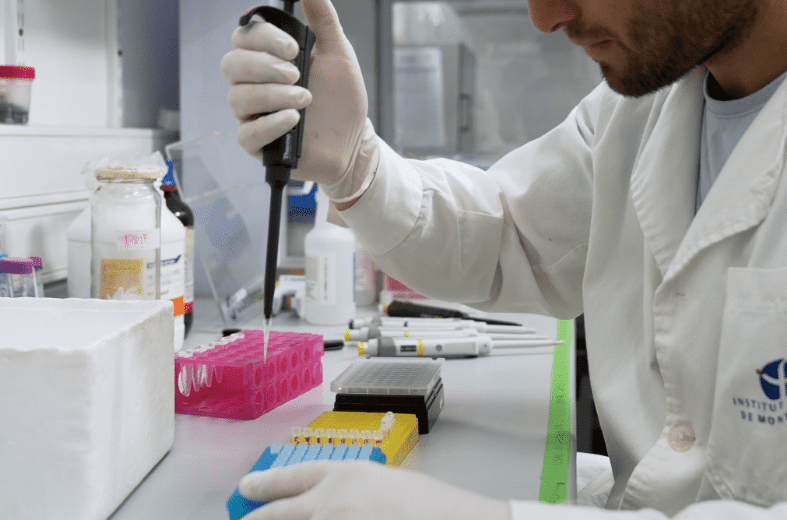In a groundbreaking achievement for Uruguay and South America, the first drug developed entirely within the country has successfully completed its initial phase of human trials, showing promising results for the treatment of obesity and type 2 diabetes. The results were published on June 16 in the prestigious journal Nature Metabolism.
The compound, named SANA and developed by Eolo Pharma—a startup founded by scientists from the Institut Pasteur de Montevideo and the University of the Republic (Udelar)—had already shown positive effects in laboratory studies. Now, it has not only proven to be safe and well-tolerated in humans, but also led to reductions in both body mass index and blood glucose levels in the 44 participants who took part in the trial.
SANA works through an innovative mechanism: instead of suppressing appetite like many current treatments, it boosts the body’s energy expenditure. In lab studies, it also preserved lean muscle mass while significantly reducing fat mass. During the human trials, no serious adverse effects were observed, and results indicated promising weight loss and improved blood sugar control.
“This result opens a completely new therapeutic pathway for obesity and metabolic disorders—one that complements GLP-1 therapies but focuses on enhancing the body’s energy-burning capacity rather than just suppressing appetite,” said Carlos Escande, researcher at IP Montevideo and a member of Eolo Pharma.
The positive results pave the way for Phase II clinical trials, which are set to begin at the end of the year and will include more participants, including people diagnosed with type 2 diabetes. If future studies confirm its efficacy, SANA could eventually become an available treatment in pharmacies.
This achievement underscores the importance of basic research. The work that’s bearing fruit today began over a decade ago, when the research team first identified molecules with therapeutic potential and validated their function through years of experimentation—now moving toward potential clinical application.
Due to the significance of the study, the same edition of Nature Metabolism also included a Research Briefing article, which highlights the most relevant research along with commentary from the authors and field experts.
A National and Regional Success
“What’s exciting about this study is the transition from preclinical analysis to real-world clinical application,” said the journal’s editorial team, adding that the positive preliminary result “justifies further clinical trials to assess its use as a treatment for obesity.”
Asked about the study, Uwe Schlattner, head of the Laboratory of Fundamental and Applied Bioenergetics at Université Grenoble Alpes in France, agreed on its significance, noting: “These findings in rodents could be successfully translated to humans, which is crucial.”
“This success is the result of a multidisciplinary effort involving academic teams from the Institut Pasteur de Montevideo and Udelar, supported by sustained funding from national public agencies such as ANII and CSIC. That support enabled science to move forward, resulting in patents, the creation of a startup, and attracting both national and international private capital. Bridging the public and private sectors allowed us to bring value to our product, create local jobs, and fund more research—which ultimately means better science. It’s another example of how the journey itself is also the reward,” Escande explained.
“We’re proud to be the first biotech company in South America to take a small molecule all the way from design and synthesis to clinical testing. We hope to advance this pioneering therapy for patients around the world who need safe and effective options for treating obesity,” added Pía Garat, CEO of Eolo Pharma.
“This work has been a constant challenge, and it’s incredibly rewarding to see that the human trial results follow the same trend we observed in our lab models,” said Karina Cal, lead author of the study, researcher at IP Montevideo, and member of Eolo Pharma.


